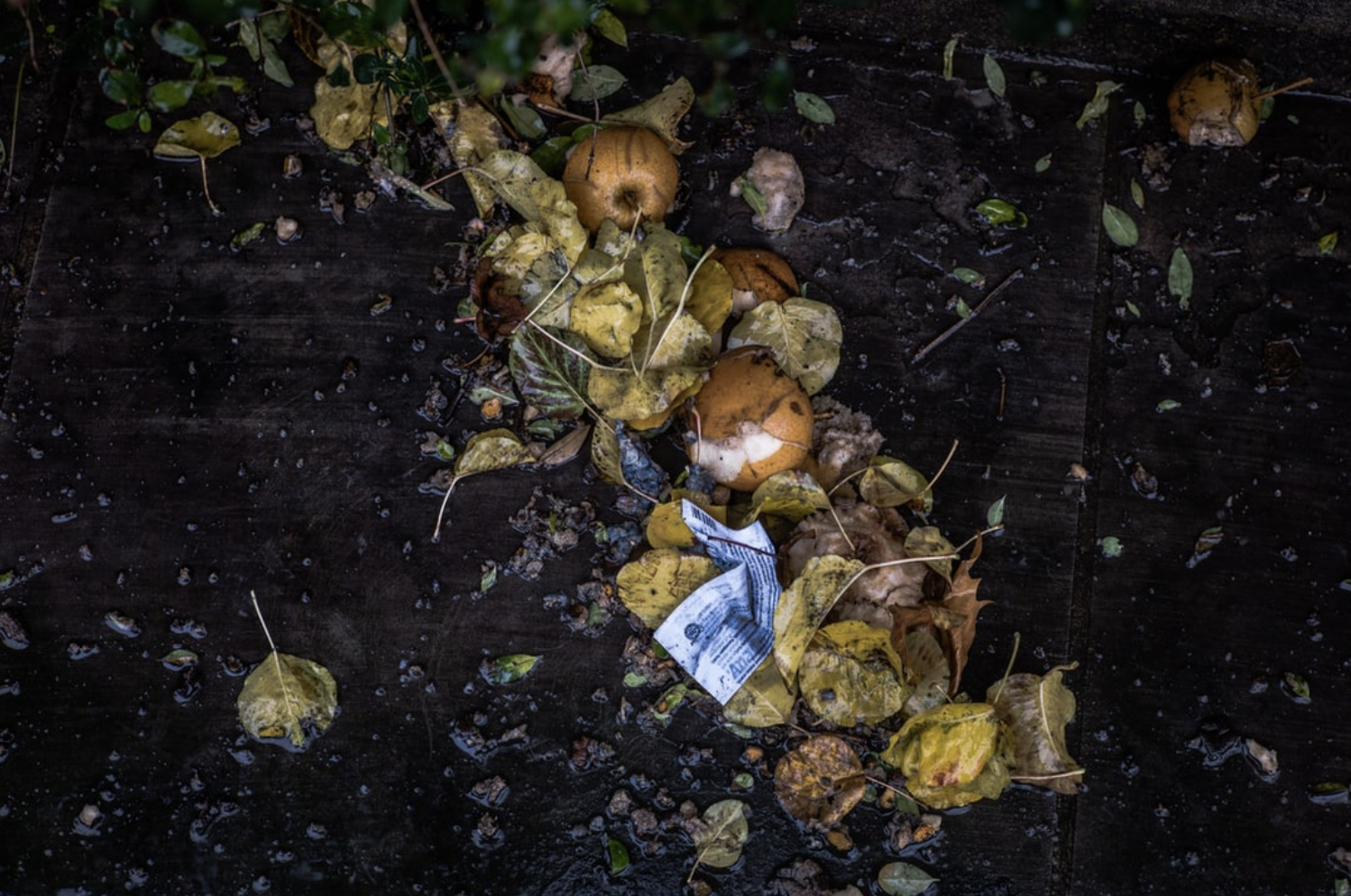Educating compost program participants at-scale about what materials are acceptable/unacceptable in their program is a substantial burden on your time and bottom line. So is contamination in your feedstock. So is the diversion of fewer materials because participants simply don’t know what biodegradable materials they can compost in your program. What gives!?
Madison wraps successful food scrap program for 2020

COVID-19 disrupted many things this year. Despite the obstacles, Madison Recycling Coordinator Bryan Johnson charged on with implementing the city’s food scrap drop-off program. Residents diverted over 7,260 pounds of food waste in this first year of the May-October program. Congratulations to the Madison program and their residents!
There’s an important reason Madison called this a food scrap program. The materials are processed at an anaerobic digester, primarily used to process manure from dairy farms. Therefore the program had very specific requirements for what items could be accepted. Materials such as eggshells, yard waste or certified compostable packaging acceptable in traditional outdoor commercial composting facilities could not be processed by the digester.
Johnson was well-prepared to help residents avoid confusion about acceptable and unacceptable program materials. Residents had access to custom, material-specific disposal directions on the Betterbin app. Johnson also sent monthly emails to participants that reviewed common search queries in the app.
“I think it was a real benefit to have the Betterbin app,” Johnson said. “Residents seemed to like how easy it made participating in our food scrap program.”
Madison’s program always intended on closing down in the fall so that the City trucks used to haul the materials could switch over to leaf pick-up. The program ended a few weeks early due to some pesky wasps and hornets. Johnson hopes to begin the program again in April 2021.
Congratulations, Madison for a great year of food waste diversion! Learn more about Madison’s food scrap program here.
Fighting food waste at the fridge
With 52 million tons of food going to U.S. landfills annually, it’s no wonder that many communities and businesses have initiated food waste diversion goals. According to ReFED, organic materials make up 21% of U.S. landfill volume!
The impact of landfilled food waste doesn’t stop at the space it consumes at landfills. Food waste globally contributes 8% of total anthropogenic GHG emissions. This makes landfilled food waste contributions to methane emissions near equivalent to that of all road transport emissions! Continue reading “Fighting food waste at the fridge”

